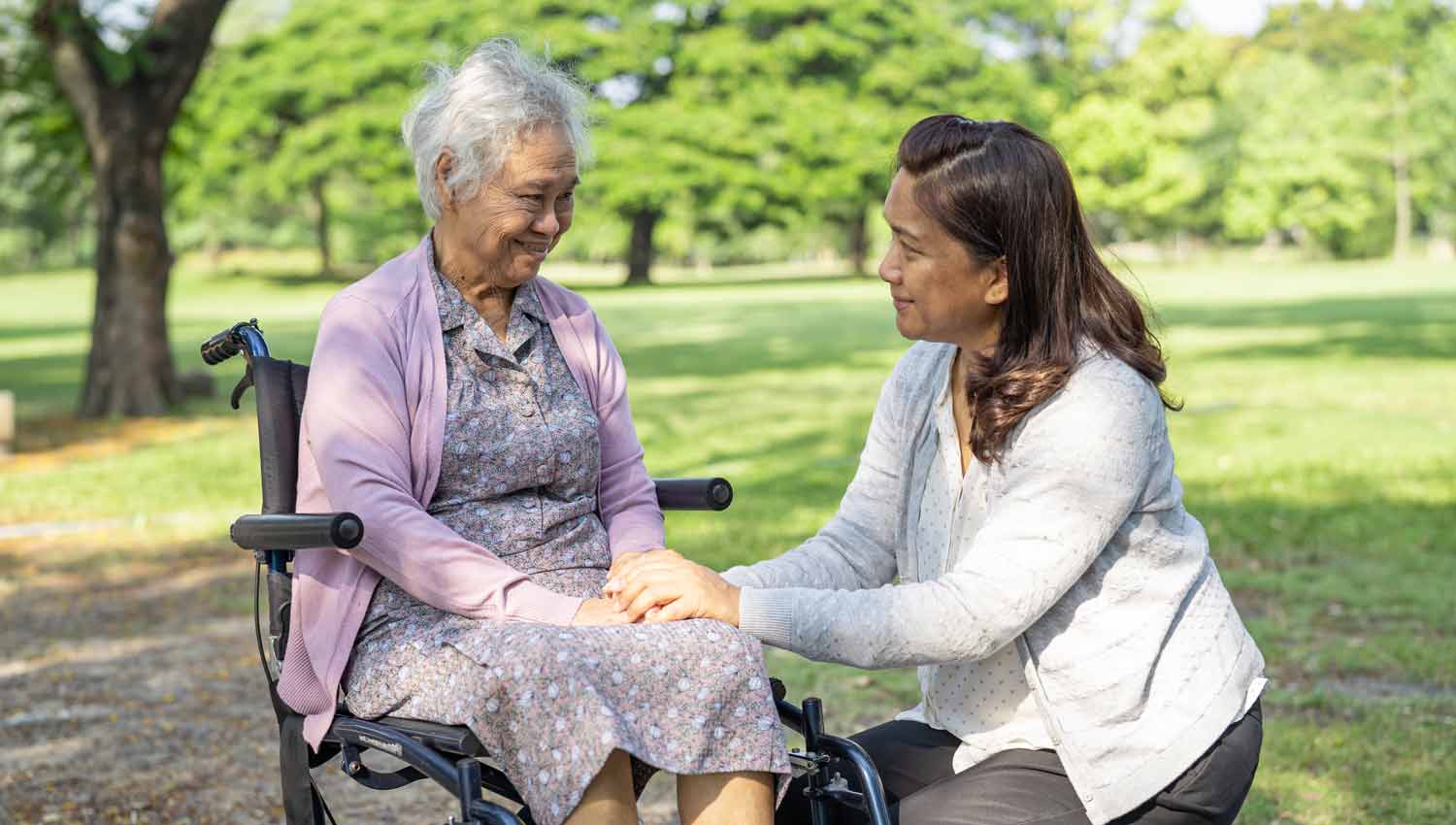Introduction
This responsibility, while rewarding, can also be physically, emotionally, and financially taxing. Fortunately, New York offers a variety of programs to help ease the burden by providing compensation to family caregivers. This guide aims to inform and educate you about these options, ensuring that you have the resources needed to support your loved ones while maintaining your own well-being.
The importance of supporting caregivers in New York cannot be overstated. These individuals provide essential care that allows older adults and individuals with disabilities to remain in their homes, preserving their independence and quality of life. However, caregiving can often feel like a full-time job, and without financial support, many caregivers may struggle to balance their responsibilities. This guide provides an overview of the programs available in New York to help caregivers receive compensation for their invaluable work.
For immediate questions regarding becoming a paid family caregiver in New York, contact FreedomCare today.

Medicaid Programs
New York State Consumer-Directed Personal Assistance Program (CDPAP)
The Consumer-Directed Personal Assistance Program (CDPAP) is a Medicaid program that allows beneficiaries to hire whoever they prefer – family members, friends, or others to provide personal care services. This program gives recipients more control over their care, allowing them to choose caregivers who best meet their needs.
CDPAP Eligibility Requirements:
- Must be eligible for New York Medicaid
- Must need personal care assistance. Examples include mobility assistance, personal hygiene, dressing, feeding, medication management, toileting, household tasks, transportation needs, safety supervision, and more.
- Must meet financial criteria for Medicaid eligibility, which in 2024 includes a monthly income limit of $1,732 for single applicants aged 65 and older and countable assets valued at less than $30,182. For more information on financial criteria, see here.
Compensation Details: Compensation for caregivers under CDPAP varies based on several factors:
- Program Guidelines: Each Medicaid waiver program has specific rules regarding compensation.
- Local Wage Rates: Hourly rates are determined based on location.
- Level of Care Required: Higher levels of care may justify more hours, which might be eligible for overtime.
Steps to Get Paid:
- Evaluation and Approval: The care recipient must be evaluated and approved for in-home care.
- Employment Through an Agency: Caregivers must be “employed” by an agency that processes payments.
Documenting Work: Caregivers must document and verify their work according to federal and state requirements.
Other Financial Support Options in New York
Tax Credits in New York
Child and Dependent Tax Credit: This credit provides up to $2,310 for each dependent, helping offset caregiving expenses.
Medical and Dental Expenses Tax Deductions: Expenses exceeding 7.5% of adjusted gross income are tax-deductible, helping offset costs from health insurance or dental work.
Long-Term Care Insurance (LTCI)
Definition and Overview: LTCI can be used to hire family members as caregivers if the policy allows for personal care outside residential care facilities.
Eligibility Requirements:
- The policy must allow personal care outside residential facilities
- Payouts must be made to the policyholder directly
Paid Family Leave Benefits Law (PFLBL)
Definition and Overview: PFLBL allows relatives to take paid time off to care for a family member while receiving a percentage of their salary.
Eligibility Requirements:
- Must be related by blood or marriage
- Must be employed and taking time off to provide care
Compensation Details: Provides up to 12 weeks of paid leave annually at approximately 65% of salary.
Finding Local Support and Resources in New York and Beyond
Area Agencies on Aging (AAAs)
Services Offered:
- Information and Referrals: Guidance on local resources, support groups, caregiver training, and respite care options.
- Caregiver Education and Training: Programs on caregiving techniques, stress management, healthcare navigation, and legal/financial aspects.
- Respite Care: Temporary relief for caregivers, enabling them to take breaks and attend to their well-being.
- Support Groups: Facilitates caregiver support groups for sharing experiences and learning from others.
- Caregiver Assessments: Evaluates caregivers’ needs and provides tailored support and recommendations.
- Counseling and Consultation: Professional guidance and emotional support for caregivers.
- Advocacy and Policy Development: Advocates for caregiver-friendly policies and programs.
- Access to Benefits and Services: Assists caregivers in accessing benefits and programs like Medicaid, home-based services, and transportation assistance.
Use the Area Agencies on Aging search tool here
The role of a family caregiver is invaluable, yet it comes with significant challenges. Understanding the various programs available in New York that compensate family caregivers is crucial for those who dedicate their time and effort to caring for their loved ones. From Medicaid and veteran programs to non-Medicaid options and tax benefits, these resources can provide much-needed financial support and help ease the burden of caregiving.
By staying informed and utilizing available resources, caregivers can better manage their responsibilities and ensure the well-being of their loved ones. Remember, seeking help and support is a sign of strength, not weakness. With the right resources and support systems in place, family caregivers can continue to provide exceptional care while maintaining their own health and well-being.
Taking advantage of these programs not only benefits the caregiver but also ensures that older adults and individuals with disabilities receive the care and support they need to live with dignity and independence. As the demand for caregiving continues to rise, it is essential to prioritize the well-being of those who provide this vital service. Together, we can create a compassionate and supportive environment for all caregivers and their loved ones.
For more information on how to get paid as a family caregiver in New York State, contact FreedomCare today.
